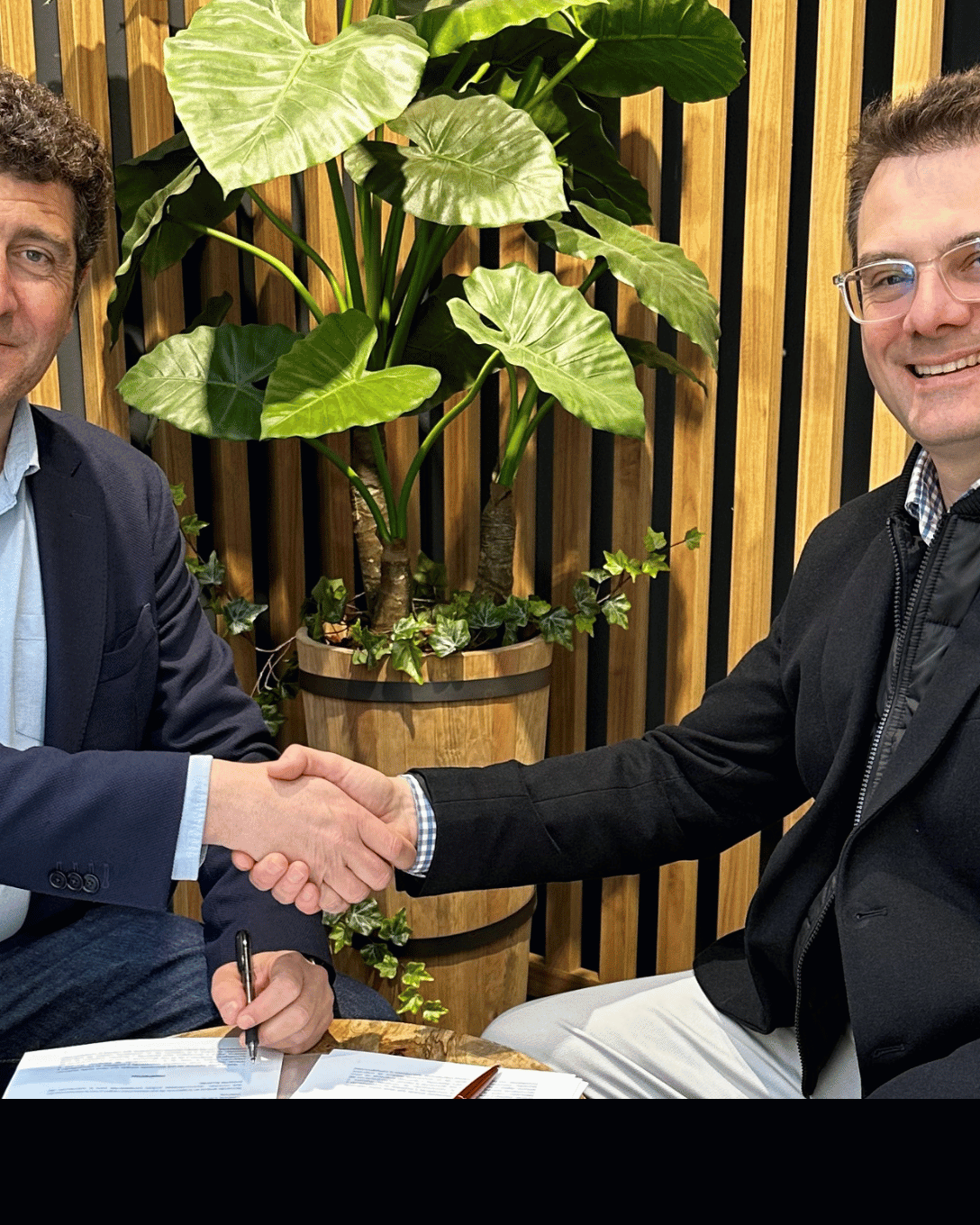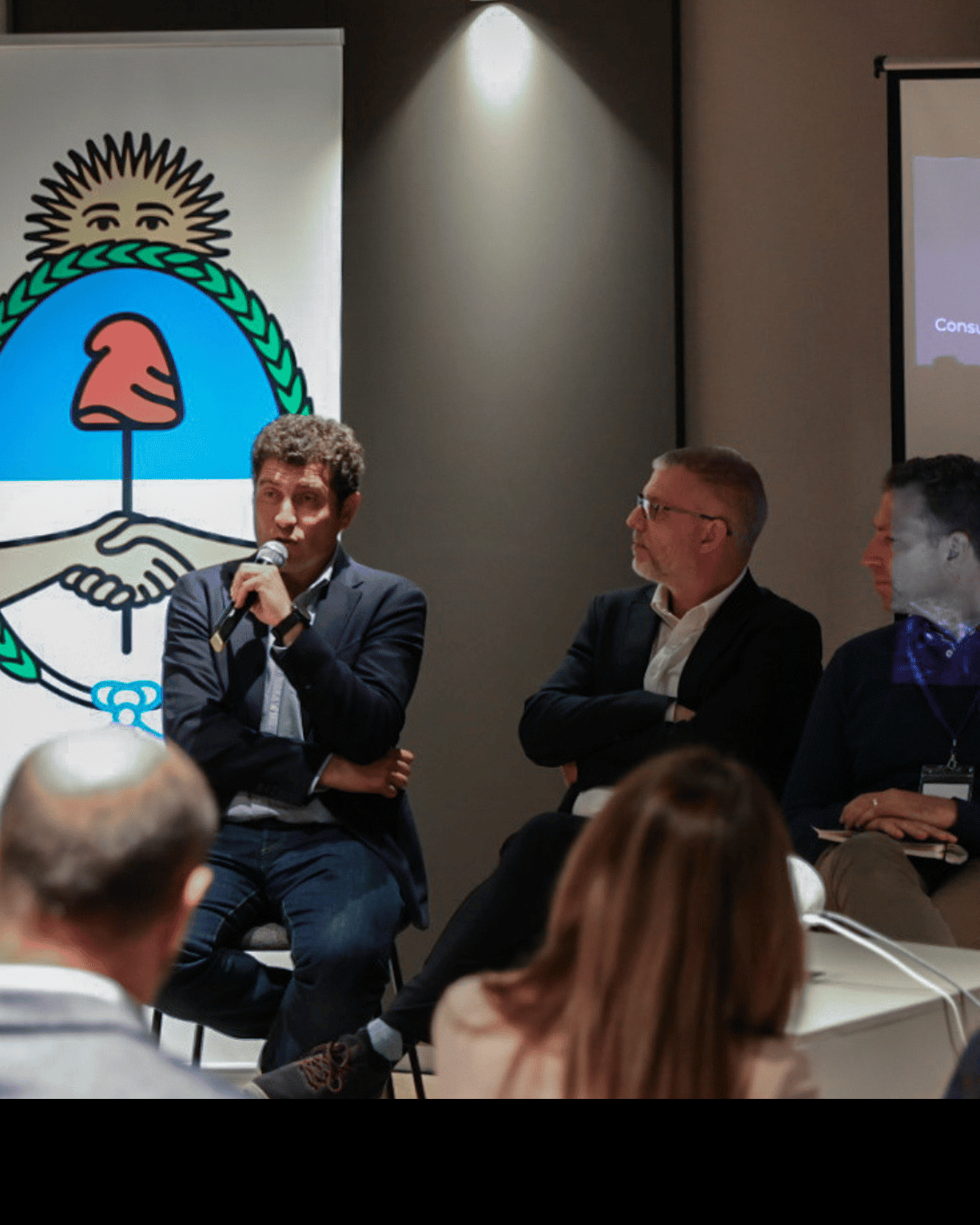If our ecosystem can count on one woman to combine entrepreneurial spirit and scientific research, that woman is Ángela Pérez. Her unique combination has resulted in the development of several companies that have put our region at the forefront of biotechnology.
Last year, she was honoured with the Entrepreneur Award from the Jaume I Awards, a testament to her impressive career and accomplishments.
As we approach the International Day of Women and Girls in Science, we reflect with her on the ongoing need for these celebrations to advocate for greater equality in the scientific field at all levels, from vocation, to access to training and positions of power.
As a female scientist and entrepreneur, did you ever feel the absence of female role models when it came to developing your vocation and your projects?
Of course, I realised quite some time ago that I was unable to name any female role models in my field off the top of my head, so I decided to do some research into the lives of some inspiring women. Today, I am able to name a few, but because I have actively sought them out, not because they quickly come to mind.
As far as female scientific talent is concerned, we still rely on a select few well-known women, although our efforts to increase this number persist. To be honest, we must also recognise that we have made great strides in shining a light on the many women who, for the past century, have made significant contributions to Spanish science behind the scenes, often overshadowed by their male peers.
How do you think this lack of role models affects women?
I believe this lack of role models has a profound impact on women in two distinct yet equally damaging ways. Firstly, some women may conclude that achieving success as scientists and entrepreneurs is extremely difficult because of the lack of prominent female role models, which discourages them from starting these paths in the first place. They think that if it were feasible, there would be more well-known women scientists. I just think that practicality is a trait often associated with women.
Secondly, I have another theory that is even more concerning, based on the expectations of other women, particularly those in our own families and friend groups. This leads us into the challenging territory of balancing work and life and making professional sacrifices, areas for which it seems women may be better evolutionarily adapted than men.
The unjust treatment of women in science has occurred on two fronts. Firstly, many women who made significant contributions to scientific advancement have been forgotten and their role erased from history. Secondly, there has been a disparity in the representation of women versus men in the field of research. Do you think these issues are being addressed and rectified? What further policies do you think are lacking in this regard?
I believe that we’ve made significant strides towards gender equality in recent years. Just consider for a moment the limitations placed upon our grandmothers and, comparing them to our own, we can see how far we’ve come. Unfortunately, this progress hasn’t been reflected in the field of science, where women’s talent has often been overlooked and marginalised. To ensure that this changes, I urge society and our political leaders to keep pushing for measures that promote equal opportunities in terms of job positions, especially those with high levels of responsibility, fair salaries, and a good work-life balance.
In our country, the number of women pursuing higher education is on the rise, with a growing number of women enrolling in STEM fields in recent years. However, this upward trend seems to stall when it comes to women in leadership positions within companies or prominent research positions. What is causing this disparity and disrupting the progression of women in these fields?
I believe that we are finally witnessing a slow but steady shift away from a situation that was deeply imbalanced a decade ago. Today, we can affirm that more women are pursuing careers in STEM fields. Nevertheless, we must not become complacent and instead double down on our efforts to enforce the measures driving this positive change.
But let’s not be mistaken, there is a big difference between advocating among our pre-university youth for the urgent need our society will have for scientists and engineers soon and convincing both genders equally by motivating them with stable and well-paying job positions, and ensuring that our society and political leaders are implementing adequate ethical and legal measures to encourage women of reproductive age to pursue leadership roles with equitable child-rearing responsibilities. At the moment, there is a shortage of experience, cultural understanding, and widespread awareness on this matter.
You mentioned in an opinion piece last year around this same time, that you had the opportunity to visit a company in Barcelona run by a renowned female scientist, where you noticed the absence of male technicians. However, you acknowledged that this scenario was an illusion, and that women continue to have limited representation in most scientific fields and positions of influence. Give us your assessment of the current state of this sector.
I would love nothing more than to see a change in the representation of women in leadership roles within scientific companies, and to be able to report an increase in cases like the one in Barcelona in the coming years. However, the reality is that this scenario is still rare and unique. The representation of women in executive positions remains low, and those who do hold these roles are often the major shareholders in their respective companies. The current situation is far from ideal, with limited female representation in executive positions and a scarcity of women owning scientific and tech businesses.
A look at your career shows that you have overcome many barriers, such as starting a pioneering business at a very young age and holding prominent leadership roles. How has this path been for you?
Very challenging and slow-paced. My limited business management training led me to push forward with my project through trial and error. The journey was filled with sacrifices and would have been easier if I had received targeted training and a team of partners and employees with expertise in the field. Fortunately, the entrepreneurial landscape is now more structured, which enables new entrepreneurs to connect with valuable experiences and contacts to move forward with greater speed and ease.
Is the development of female scientific talent and entrepreneurship encouraged in our region?
It would be unjust to say that our region lacks initiatives that support the growth of female scientific talent and entrepreneurship. There are several public and private groups that are invested and sensitive to these issues: Evap, Fundación Lab and València Activa are some examples of entities that incorporate activities aimed at giving visibility and fostering female talent. However, it is unfortunate that these efforts are still not enough to change the persistent negative statistics. These issues still remain far from the priorities of our governing politicians and, as a result, far from the minds of a significant portion of society. We need to raise our voices and increase visibility through various forums and media channels in order to bring about change.
What message would you like to send to the female readers of our platform?
That venturing into entrepreneurship, especially in science, is synonymous with choosing. Imagine a career where your efforts directly impact and enhance people’s lives. A job in which you work on something different every day, and you go to bed every night a little wiser, conscious that you are playing a meaningful role in creating a better and more equitable society. While the path of scientific entrepreneurship can be difficult, the benefits and achievements one can attain are truly remarkable and fulfilling.



